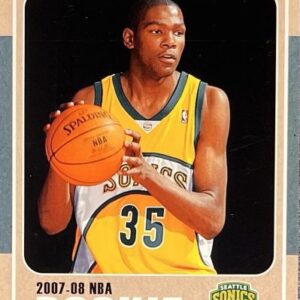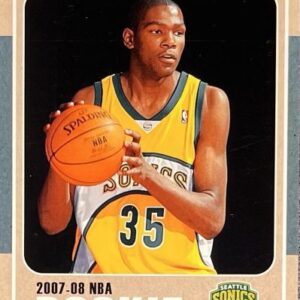It seems like yesterday that Christopher Pazan was making passes on the football field, but today he’s making headlines for quite a different skill set—allegedly slipping baseball cards into a yard waste bag at a suburban store. Once revered as a budding gridiron star at the University of Illinois, Pazan had long since hung up his cleats to walk the beat as a Chicago police officer. Now, ironically, he finds himself on the other side of the law, facing allegations of a crime that one might expect from a juvenile delinquent, not a seasoned law enforcement officer.
The supposed home run he attempted to hit at a Meijer store on South Western Avenue in Evergreen Park, however, came up far short. According to the ever-watchful eyes of the vigilant security team and Sgt. Victor Watts of the Evergreen Park Police, Pazan attempted to make off with about $300 worth of baseball cards. His sleight of hand, or rather, his sleight of bag, involved slipping those coveted cards into a yard waste bag. He reportedly paid for the bag but conspicuously neglected to pay for its illicit contents.
The irony is palpable. A former central division investigator tasked with handling financial crimes now finds himself stripped of his badge and on the brink of his own investigation, a significant fall from grace from his career that started in 2015 with the Chicago Police Department. The badge that once symbolized his new career path is now rendered a badge of irony as he steps away from patrol duties and investigations into more humble and humiliating legal proceedings.
The saga of Christopher Pazan places under the spotlight a tale as old as time—one of ambition, success, missteps, and financial turmoil. Before his ventures into law enforcement, Pazan was a star quarterback at Brother Rice High School in Mount Greenwood, even earning All-American honors. His gridiron glory continued at the University of Illinois, where he sparked under the spotlight of the college stadiums. When the playbook of life called for a change, Pazan switched strategies, moving to the field of law enforcement to serve in a different capacity, urging the public not just to cheer for him but to trust him.
In a racuous 2015 interview, Pazan earnestly shared with the Chicago Tribune his deep-seated desire to “serve in a different capacity”—a sentiment now strained by the unfolding drama. Notably, Pazan sought to uphold the spirit of teamwork and camaraderie by joining the Chicago Enforcers, a unique squad that fielded law enforcement officers in a league dedicated not to nabbing criminals, but to touchdowns.
Despite a solid lineup of past performances, Pazan’s present financial woes have brought him to a financial fourth-down. His arrest coincided with another grim appointment—a court hearing related to a nagging divorce. Reports confirm his earnings are admirable for a public servant, with an annual salary of $111,804 sans overtime. However, the glittering figure belies the ominous shadows cast by financial documents strewn with troubles; even his erstwhile attorney is chasing him for over $5,800 in unpaid fees.
As the dust settles from his romantic and legal entanglements, it seems real estate will be the currency that pays for his missteps. Pazan plans to refinance his Beverly home, an investment pandering to lawyers rather than nurturing domestic bliss. The house that home visits and jovial family barbecues built now stands as a grim shrine to cover legal fees.
Meanwhile, financial potshots fired by Fifth Third Bank over a $4,000 loan have been dismissed only because they couldn’t find him—a modern-day Poe sipping from a cup of anonymity, momentarily safe from corporate collections. However, the mighty JP Morgan came knocking with demands for over $15,000, compelling a settlement leaving Pazan tightroping financial stability.
It’s no secret the Chicago Police Department strives to cast worthy law enforcement agents, vigilant against financial encumbrances that tip the balance into easily swayed minds. Alas, the preemptive measures did little to foresee Pazan’s paths grazing the law’s edge. Yet, here stands the former quarterback, his path circuitous—no defender other than a legal team stafing to divert attention from an unflattering narrative.
Baseball cards’ fate now caged in legal jargon, Pazan stands charged with a misdemeanor of retail theft. The next chapter opens at a Bridgeview courtroom on June 23, a heartfelt finale only time—and perhaps a deft cross-examination under oath—can deliver. His story, once marked by touchdowns, now spins toward a new ending, seemingly capricious and shadowed by public scrutiny. May his next playbook in the courtroom be as well-practiced and victorious as those on the field of yore.





